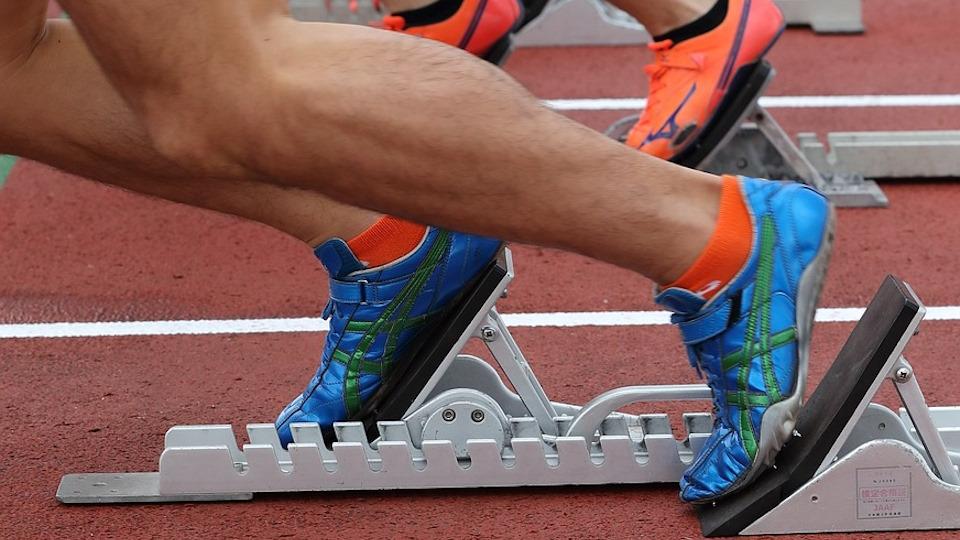ASCO: KRAS upstarts set their sights on NSCLC market

There are already two drugs on the market targeting KRAS mutations, for decades considered an undruggable target, but no shortage of drug candidates hoping to follow them.
At ASCO, Eli Lilly, Genfleet Therapeutics and InxMed all presented new clinical data on KRAS G12C inhibitors in non-small cell lung cancer (NSCLC), going after the same mutation and indication as Amgen’s Lumakras (sotorasib) and Bristol-Myers Squibb’s Krazati (adagrasib) which were both launched in 2022.
Lilly’s olomorasib, Genfleet’s fulzerasib, and InxMed’s garsorasib were all tested in combination with other drugs in the clinical trials, hoping to improve on the two approved therapies, which are both labelled as second-line monotherapies for KRAS G12C NSCLC and in clinical testing for first-line use.
Olomorasib was put through its paces in combination with MSD’s PD-1 inhibitor Keytruda (pembrolizumab) in the phase 1/2 LOXO-RAS-20001 study, which included 17 previously untreated patients. The olomarisib/Keytruda regimen shrank tumours in 13 patients, giving it an overall response rate (ORR) of 77%, with median progression-free survival (PFS) not reached at the data cut-off point.
A larger phase 3 trial called SUNRAY-01 comparing olomorasib/Keytruda to Keytruda plus chemotherapy in first-line NSCLC, is currently enrolling.
Genfleet’s drug meanwhile was combined with Eli Lilly’s anti-EGFR-antibody Erbitux (cetuximab) in the phase 2 KROCUS study, which enrolled 40 previously untreated KRAS G12C-mutated NSCLC patients, mostly with advanced disease and around a third with tumours that had spread to the brain.
Out of 33 patients who had received at least one post-treatment tumour assessment at the data cut-off, the investigator-assessed ORR was 81.8% with a disease control rate (DCR) including stabilised disease of 100%. The ORR among patients with brain metastasis was 70%.
In April, the FDA gave the go-ahead for Genfleet to start a phase 3 trial of its drug as a second-line monotherapy for refractory metastatic colorectal cancer (CRC), the first late-stage study of a KRAS G12C inhibitor in this indication.
InxMed meanwhile made its case for garsorasib in a phase 1b/2 study which looked at the combination of the KRAS G12C inhibitor with ifebemtinib, its experimental FAK inhibitor, in 31 evaluable patients. The company said preclinical data suggests the combination has synergistic anticancer effects in KRAS G12C-mutated cancers.
The combination was associated with an ORR of 90.3%, consisting of 28 partial responses, with two stabilised cases giving a DCR of 96.8%.
KRAS G12C is the most common form of KRAS mutation in lung cancer, and other companies developing inhibitors of this target include Roche/Genentech, Jacobio Pharma, and Innovent Biologics, amongst others. Latterly, attention has also turned to another mutation – KRAS G12D – which is found more commonly in other diseases like pancreatic and colorectal cancers.













